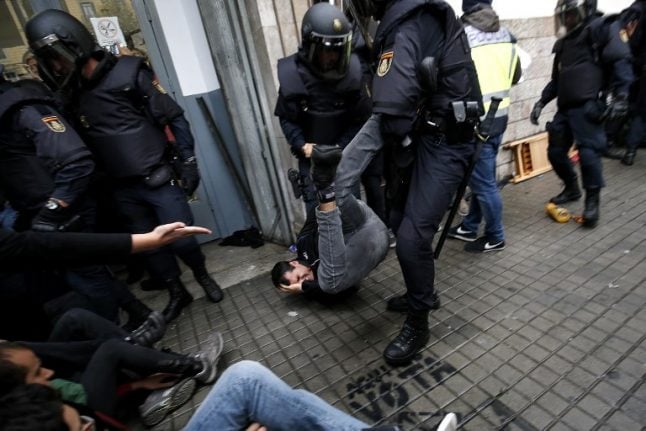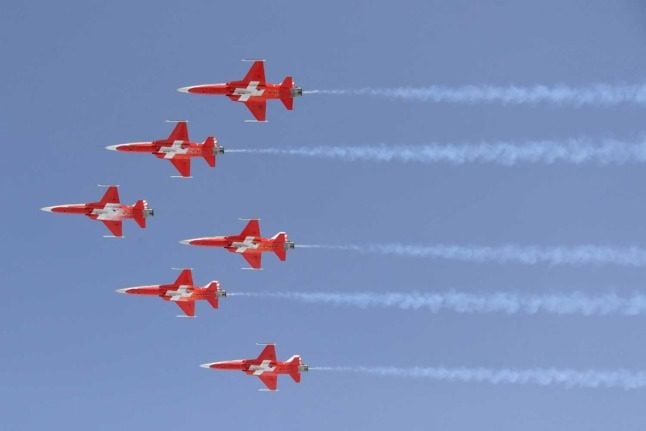“I am very disturbed by the violence in Catalonia on Sunday… I urge the Spanish authorities to ensure thorough, independent and impartial investigations into all acts of violence,” the UN High Commissioner for Human Rights, Zeid Ra'ad Al Hussein, said in a statement.
“Police responses must at all times be proportionate and necessary.”
Spanish Prime Minister Mariano Rajoy said the country's security forces “performed their duty” and that the rule of law had prevailed.
READ MORE: Madrid vows to 'do everything' to stop Catalan independence declaration
Catalan president Carles Puigdemont said police had used “indiscriminate force” against people demonstrating “peacefully”.
Catalon authorities said 844 people needed medical attention after the weekend unrest, with at least 92 confirmed injured.
Zeid further called on Madrid to approve “without delay” a request to visit Spain by the UN expert on the right to peaceful assembly, Annalisa Ciampi.
Ciampi made her request last week, ahead of the vote, but Madrid has not yet responded, Zeid's spokeswoman Elizabeth Throssell told AFP.



 Please whitelist us to continue reading.
Please whitelist us to continue reading.